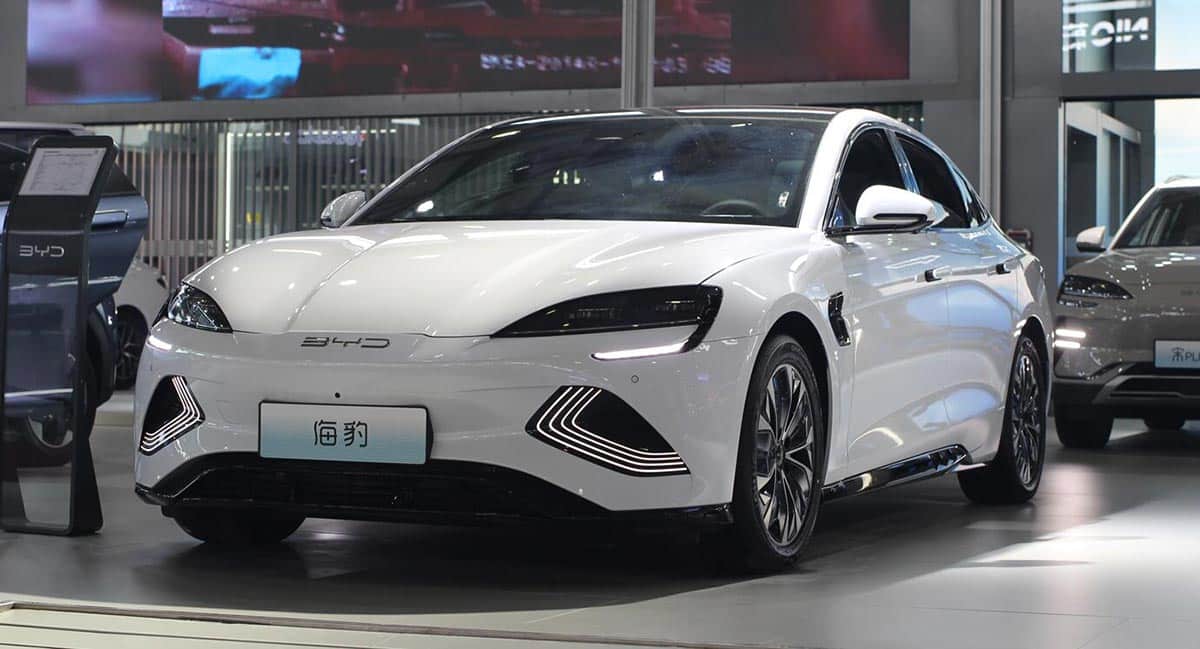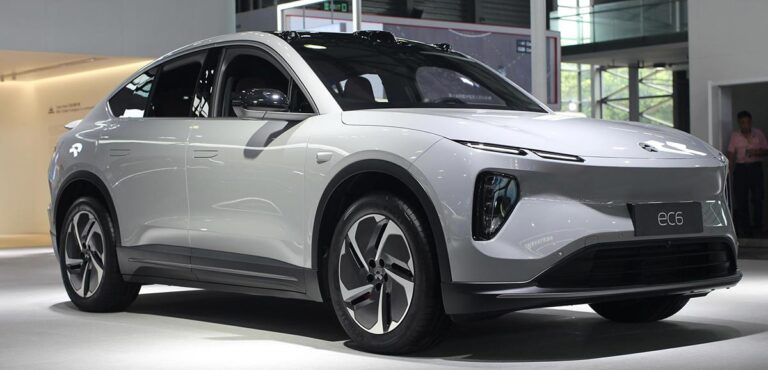A former Baidu smart driving tech veteran has joined BYD to head up end-to-end large model algorithm development, according to local media.

BYD (HKG: 1211, OTCMKTS: BYDDY) has reportedly brought in a new senior executive to accelerate its development of driver assistance technology, according to local media.
Former Baidu smart cockpit and smart driving fusion technology leader Zhou Peng has joined BYD to be responsible for the development of end-to-end large model planning and control algorithms, local media outlet 36kr said in a report today.
End-to-end intelligent driving has gradually become a clear industry consensus, and BYD is currently in the initial exploration stage, the report said, citing a person familiar with the matter.
To train end-to-end algorithms, a large amount and high quality of data is needed, which requires the development of an efficient technical framework and team, the report said, citing a source in the smart driving space.
Having a leader with proven project experience is critical to building the technical framework and leading the team, the person said.
Zhou was previously a technical architect at Baidu's smart driving and fusion business unit, and was the technical lead for Baidu-backed electric vehicle (EV) maker Jiyue's smart driving system, the report noted.
He had also served as director of the algorithm integration team and director of L4 algorithms at the GAC R&D Center.
BYD is looking to utilize two approaches to enhance its self-driving capabilities, with its in-house technology benchmarking against Tesla (NASDAQ: TSLA), while its vendor solutions are looking to be ahead of the curve and safe, the report said, citing a BYD insider.
BYD's higher-level smart driving technology is currently used in high-end products such as the Yangwang U8 and Denza N7, but fierce competition is forcing car makers, including BYD, to use such technology in lower-priced models.
Some variants of the BYD Han and Song L currently come with high-level intelligent driving systems, and in the future its models in the Ocean and Dynasty series priced at the RMB 200,000 ($27,500) level will also come with a high-level intelligent driver assistance system, 36kr's report said, adding that the system will be a single Journey 5 chip-based solution from Horizon Robotics.
BYD has quickly become the world's largest new energy vehicle (NEV) maker over the past few years, but is seen as relatively conservative in the smart driving space.
The company has stepped up its efforts in this area this year, launching the Xuanji Architecture on January 16 as the centerpiece of its vehicle intelligence.
BYD would invest RMB 100 billion in intelligence going forward to lead the way for NEVs, the company's chairman, Wang Chuanfu, said at the time, without mentioning how many years those investments would span.
BYD has an intelligent driving team of more than 4,000 people, with over 3,000 being software engineers, Wang said.
In the future, BYD's high-level intelligent driving system will come standard on its models priced over RMB 300,000, while models priced between RMB 200,000 and RMB 300,000 offer options, BYD said at the January event.
Tesla (NASDAQ: TSLA) released the FSD V12 earlier this year, and it's brought good results. This has led to a growing industry consensus on the end-to-end large model technology used by Tesla, and more car companies in China are starting to experiment with this route.
Nio's smart driving R&D department completed a team reshuffle to focus more on end-to-end technologies that are seen as better solutions, according to a June 19 story in another local media outlet, LatePost.
Li Auto has also recently set up an end-to-end large model autonomous driving team of slightly more than 200 people, 36kr said in a July 17 story.
($1 = RMB 7.2732)
